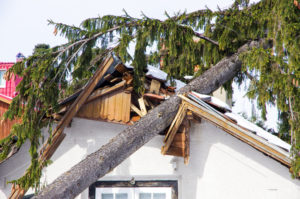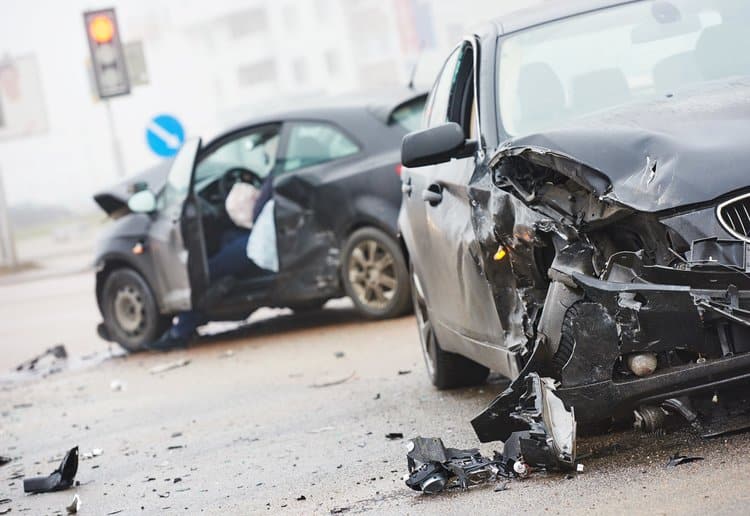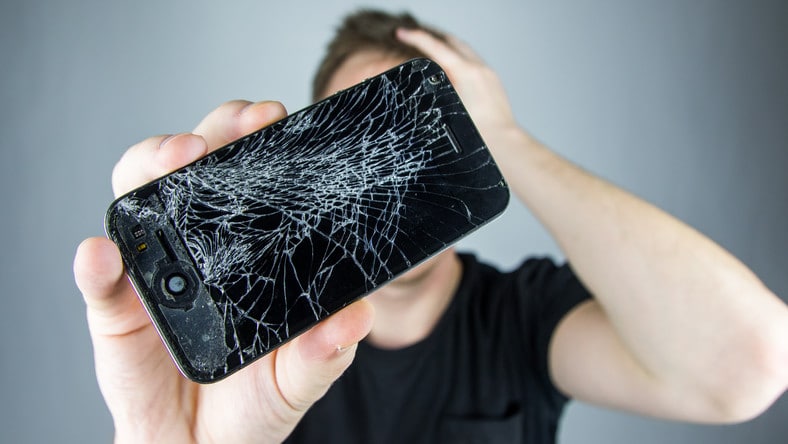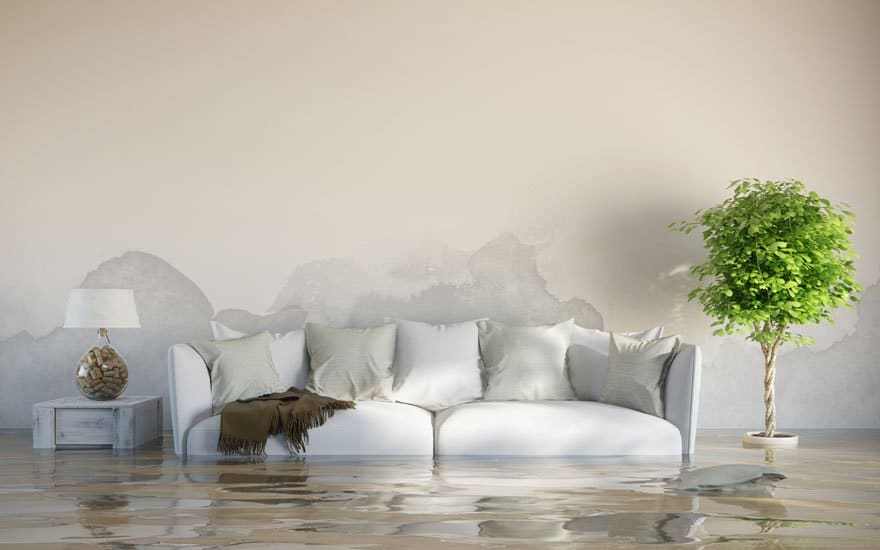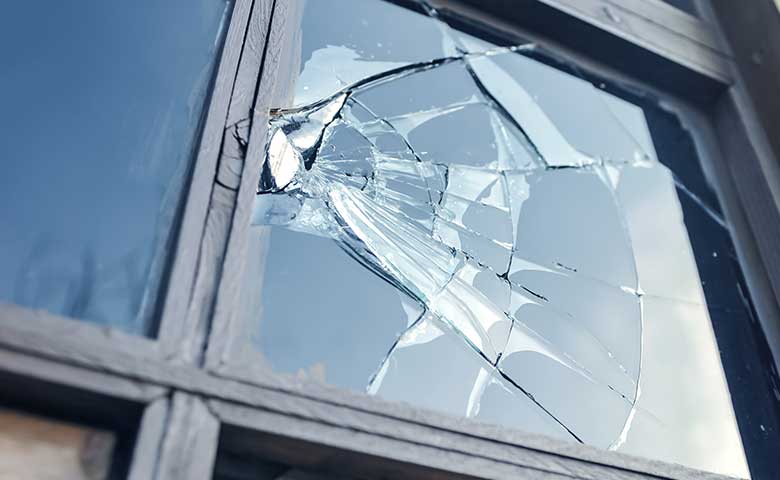Household items: How do I calculate the correct sum insured?
The sum insured is the sum that is paid out in the event of a claim. It is due when the insured event occurs and is freely agreed by the insurer and policyholder. In the case of household contents insurance, the replacement value of the objects to be insured serves as the basis for the sum insured.

The basic household council is usually secured with the sum insured. These include the usual furnishings, whereby not only furniture should be taken into account, but also curtains, curtains and carpets. There are also household machines and electronic devices, dishes, clothing and shoes, food and personal items. If there are more guests in the house, their items should also be insured in terms of value.
This is how the sum insured is made up
In order to determine the correct sum insured for the basic house council, the number of rooms is assumed. Together with the standard of the institution (simple, average or sophisticated) and the total number of household members, these result in a certain value. If the furnishings are of particularly high quality, the sum insured should be adjusted accordingly. As a rule, however, it will be the case that the insurer would like to have proof of particularly high-quality furnishings. This evidence can be provided in the form of a sales contract or through photos and appraisals. The reason for this is that the policyholder cannot later make excessive claims if, for example, a fire has completely destroyed the facility.
Pay attention to over and under insurance
It is always important to correctly determine the sum insured. Since the new value of each item is assumed, the purchase contracts and invoices can be used as a help. A flat-rate calculation based on the square meters of the apartment is usually not precise enough and does not take into account individual valuables that would have to significantly increase the sum insured.
In the case of underinsurance, it may be that only a small amount is replaced in the event of damage, which does not reflect the actual value of the destroyed objects. For you as the policyholder, this would mean that you would have to pay the remaining damage out of your own pocket. With overinsurance, on the other hand, you pay high premiums and ultimately only get the actual value of the items replaced.
Conclusion on the sum insured with household insurance
Insurers need precise information in order to correctly calculate the sum insured for taking out household insurance. You need the number of square meters of the apartment or house and the number of people who live in it. Based on this data, a generally valid statement about the basic value of the equipment can be made. Items that increase the sum insured must be listed separately or the insurer would like to see appropriate evidence of this. Over or under insurance should be avoided in any case. In the case of very high-quality equipment in particular, a higher deductible can make sense because it can reduce premiums.
We recommend the offers in a household and Liability insurance comparison and only then decide on a provider. The differences between the providers are sometimes very large, so that the premiums differ greatly.
divide
Find household and personal liability insurance
Compare all providers in Switzerland quickly and free of charge.




